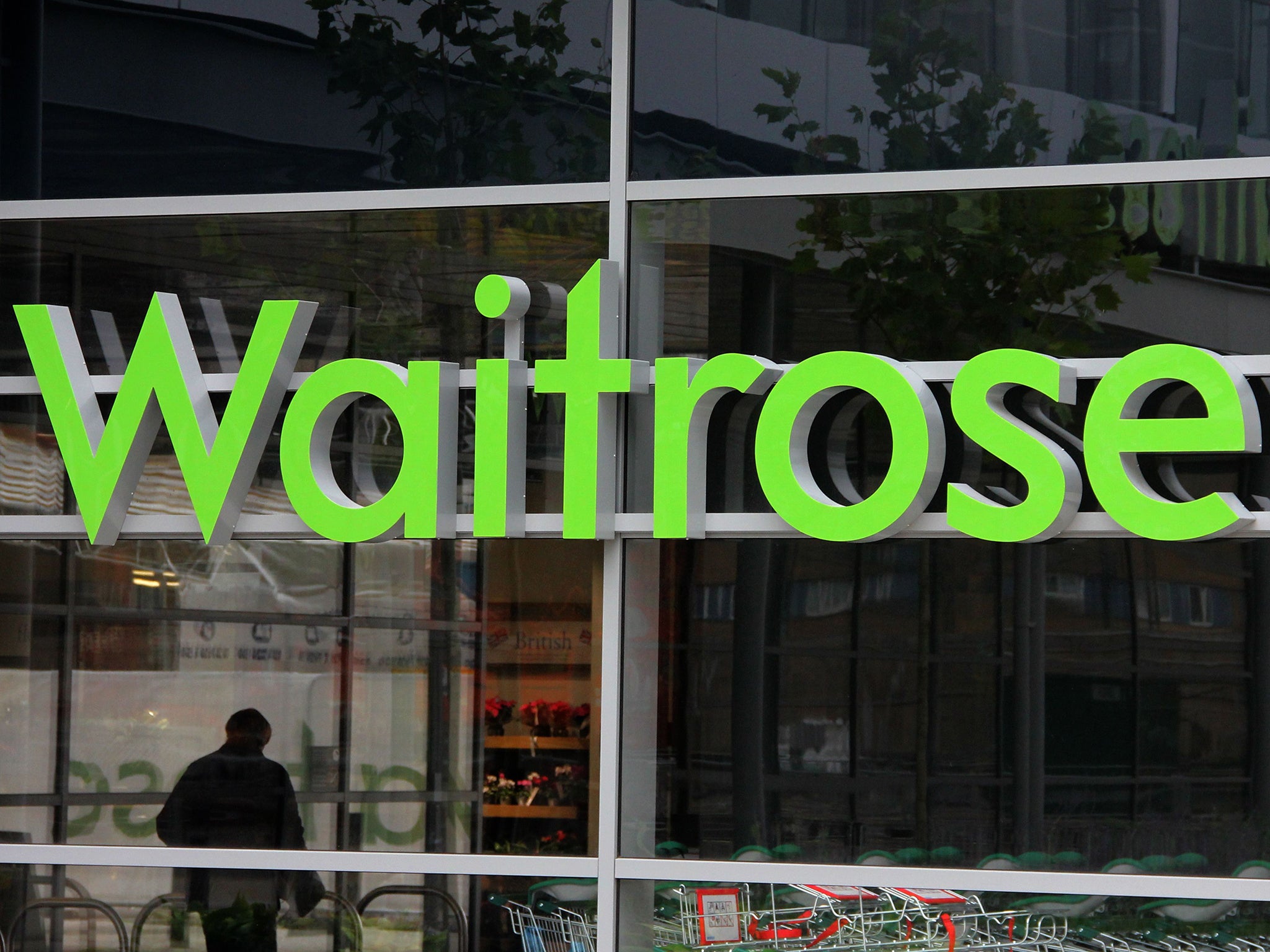John Lewis staff bonuses 'likely to be significantly lower than last year'
Boss says decent Christmas performance risks 'overshadowing the importance the board is placing on the challenging market outlook'

The owner of department store chain John Lewis has warned that staff bonuses could be slashed this year, as the effects of a weaker pound start to sting.
On Thursday, John Lewis Partnership, which also owns Waitrose, posted a near 5 per cent increase in total sales over the crucial Christmas period on the previous year’s figure, but issued a cautious outlook.
“Although we expect to report profits up on last year, trading profit is under pressure,” said Charlie Mayfield, chairman of the group.
“This reflects the greater changes taking place across the retail sector. We expect those to quicken, especially in the next 12 months as the effects of weaker sterling feed through,” he added.
John Lewis department stores reported a 2.7 per cent rise in like-for-like sales in the six weeks to 31 December, while Waitrose enjoyed a 2.8 per cent rise over the period.
But the company said that the strong trading performance, coupled with “the likelihood of higher reported profits” for the full year, “risk overshadowing the importance the board is placing on the challenging market outlook” and that bonuses would likely be reduced.
John Lewis Partnership said that the exact level of compensation would be decided as usual in March, but that bonuses were likely to be “significantly lower than last year.“
John Lewis 2016 Christmas Advertising Campaign ‘Buster The Boxer'
Show all 14
Figures from research firm Kantar Worldpanel showed this week that British shoppers spent almost half a billion pounds more on groceries in the lead up to Christmas than they did in the same period last year.
But retailers have issued cautious outlooks and consumer confidence remains shaky.
Shoppers are spending more on essentials and less on luxury items, a recent Barclaycard report found.
“The shift in spend from discretionary items to essentials reflects a growing sense of caution as the arrival of 2017 brings a new wave of economic uncertainty following the Brexit vote,” Barclaycard said.
Subscribe to Independent Premium to bookmark this article
Want to bookmark your favourite articles and stories to read or reference later? Start your Independent Premium subscription today.

Join our commenting forum
Join thought-provoking conversations, follow other Independent readers and see their replies